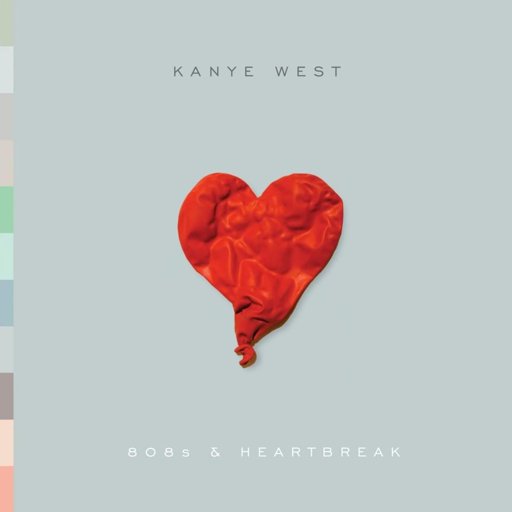

“The Life of Pablo” as a phenomenon is focused on the possibilities of what it might-and could-be.

The rollout of the album was maddeningly noncommittal as well for months it was unclear whether it would sound more like a follow up to 2013’s “Yeezus” or like Bruce Springsteen’s “Born in the U.S.A.” While this uncertainty is exhausting, it’s also exactly the point. The LP roves through different registers and is characterized largely by a frustrating aimlessness. Kanye West’s most recent album, “The Life of Pablo,” is his most amorphous release yet. In this respect, the musical trend points toward a larger trend in digital culture: the appropriation of expression from others to find one’s own. Autotune at its most useful is a tool for mapping one’s voice systematically and forcefully onto another form of meaning-that of melody and harmony. In the past year alone, everyone from swaggering West protégé Travi$ Scott to earnest, melancholy Brooklyn cult favorites Porches has released critically acclaimed albums using autotune. While Kanye West’s “808s and Heartbreak” received mixed reviews on its release (largely for its departure from traditional rapping and its use of autotune), it has since been recognized as an important demonstration of the effect’s value. The critical consensus has moved decisively in recent years towards an acceptance of autotune’s legitimacy. The fight over autotune expresses one of the Internet age’s central conflicts: the struggle between one’s own voice and the voices that fill one’s environment. Opponents argue that autotune is a crutch and a flashy mask for concealing a lack of true musical talent proponents counter is that autotune facilitates a new form of expression that opens up new avenues for voices that wouldn’t otherwise be heard. The vocal effect is essentially a tool used by vocalists to lay their voices atop a predetermined framework of notes and has been hailed as both the standard of music’s avant-garde and one of the four horsemen of music’s apocalypse. Added to the trademark percussion referred to in the title and Kanyes apparently unfettered appetite for atmospheric production, which inevitably but only occasionally recalls the ∨0s (in a good way), its still evident that despite his best efforts to envelope himself in the music, he further confirms the truism that its lonely at the top.If you’ve followed the general movement of music criticism in the past eight years or so, you’ve doubtless encountered the roiling debate over autotune. And the Autotune? Well, if the use of the tool was to provide West a shield given all the emotional vulnerability on display, its a successful ploy. On the yearning "Welcome to Heartbreak, West reflects, "Chased the good life my whole life long/ Look back on my life/ And my life gone/ Where did I go wrong? Like most of 808, this rudimentary yet revealing couplet is hardly West at his most eloquent, but how he says things, rather than what he says, has never been more applicable refer to the spiteful enunciation of the word "that in the chorus of "See You in My Nightmares for proof. Predictably, this runs the whole gamut of defiance ("Amazing), angry finger pointing ("Heartless) and self-doubt ("Streetlights), set against a predominantly downbeat sound palette directly contrasting the exuberance of Graduation. However, based on lead single "Love Lockdown and the album artwork that surfaced, it was clear it wasnt going to be an album of Kanye posted up at a crowded bar propositioning females with "buy you a drank? With the break-up with his fiancé and the death of his mother, it was inconceivable that West, who wears his heart on his sleeve, wouldnt explore his emotional state. When word first surfaced that Kanye West was releasing a new record with Autotuned vocals, you could literally cue the mass eye rolling.


 0 kommentar(er)
0 kommentar(er)
